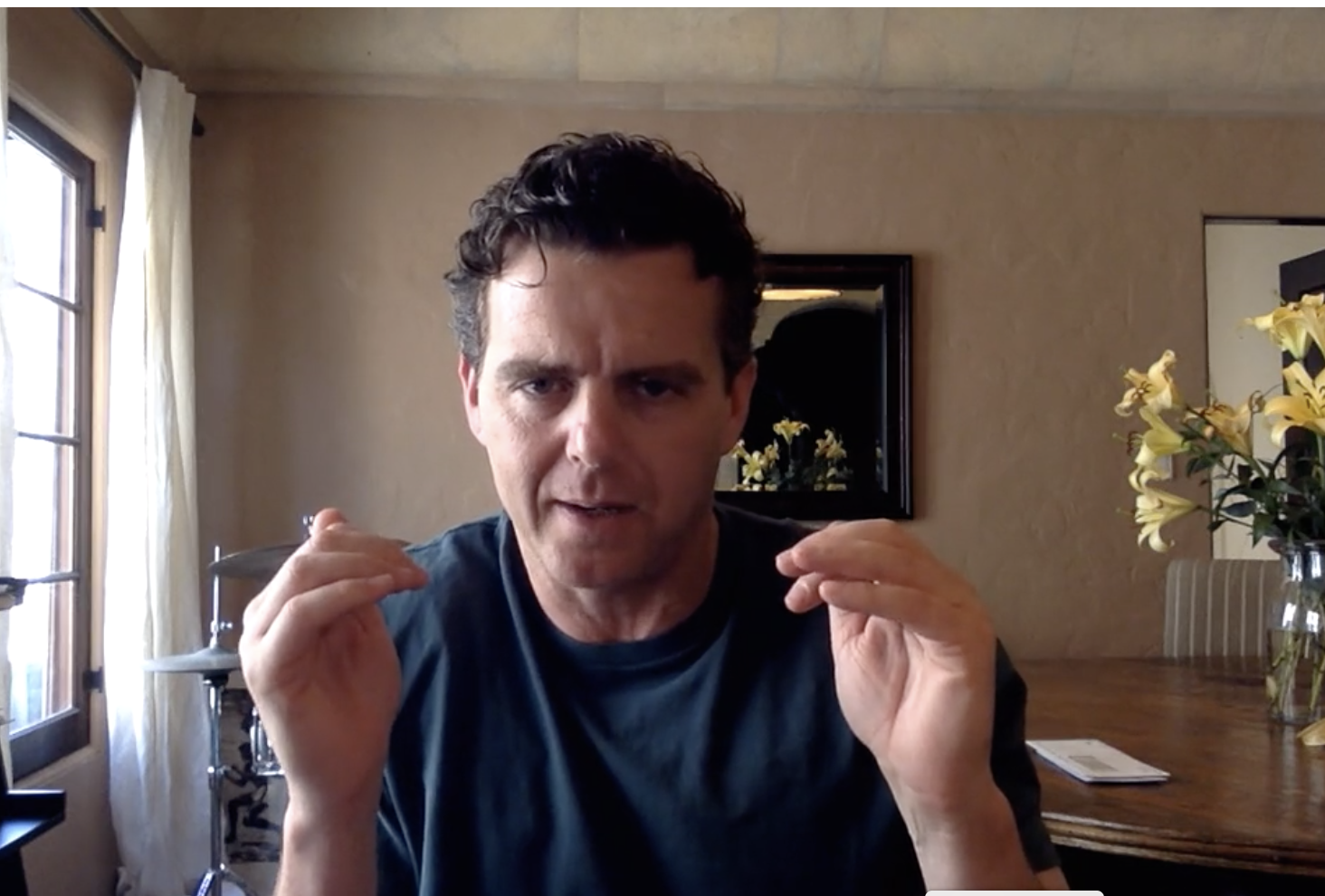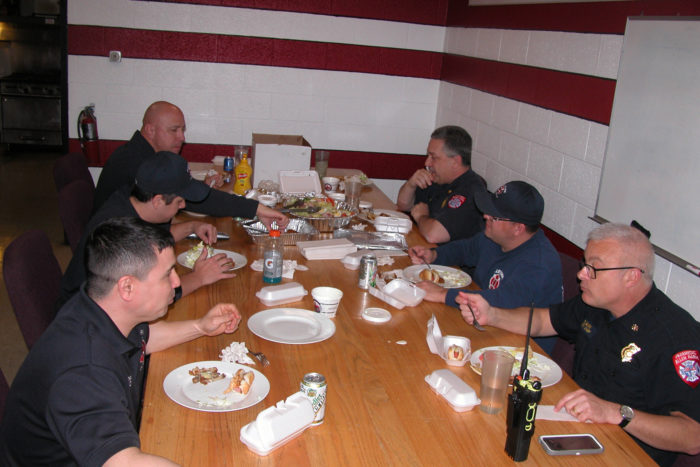
by Ben Zoldan | Jul 19, 2019 | Ben's Posts
There’s no empathy in selling cuz we don’t know any better. Here’s a lesson in becoming more attractive… for the right reasons. hashtag#undosalestraining Following their rules is what makes us unattractive. Why is the sales profession so...

by Ben Zoldan | Jul 19, 2019 | Ben's Posts
Twenty years ago, when I was a sales rep, my #1 stress was my sales manager. I hated everything I had to do for him. I especially hated our weekly team meetings. We’d start the week off by getting interrogated about our pipelines, our forecasts, our activity, and our...
by Ben Zoldan | Apr 1, 2018 | Ben's Posts
BEN ZOLDAN INTERVIEWED by Symposium Marketing We sat down with Jackson Melnick of Symposium Marketing, to discuss the Storyleaders work and vision. What emerged was a conversation full of unforgettable stories dealing with fundamental human issues. JM: What are some...




